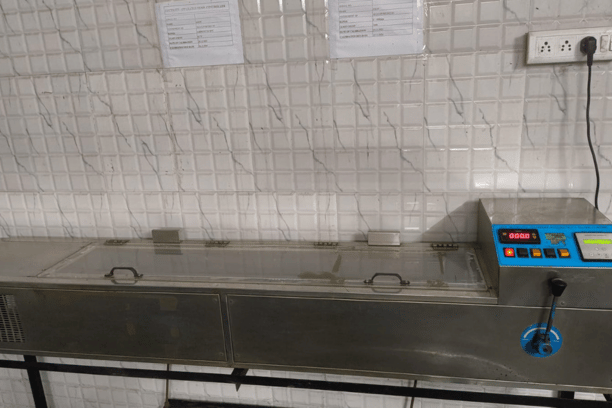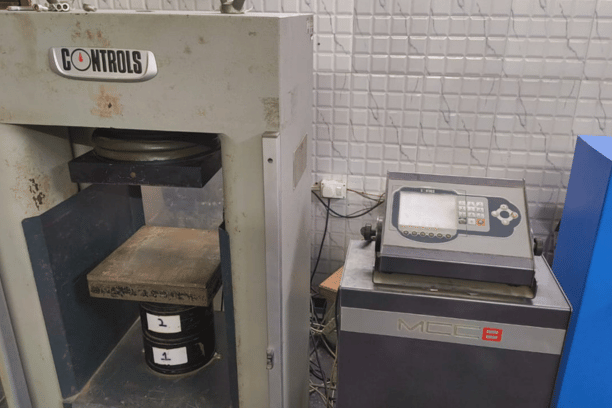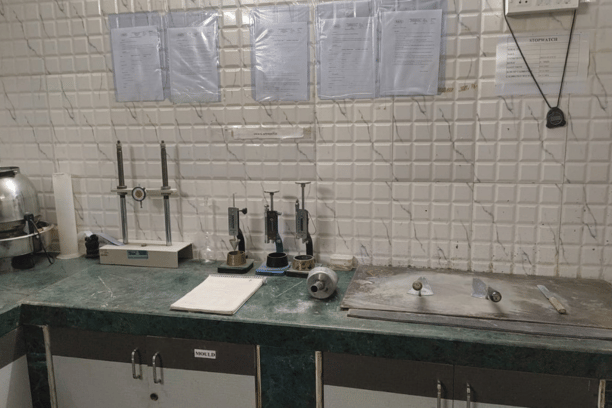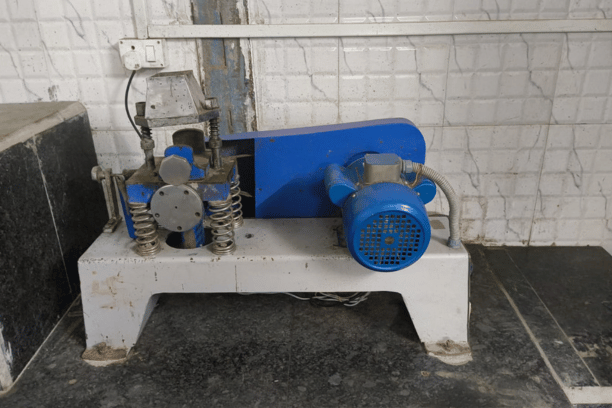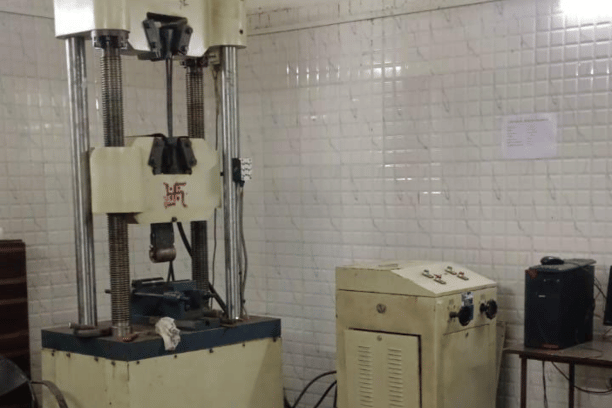Ensuring Quality & Safety Worldwide
We are the leading global company in testing, inspection, and certification, we provide the certainty you need.
Do You Need Our Help?
Feel free to contact us now
Any query?

About Us
We SKG Project & Engg. Pvt. Ltd. have registered office at Belapur, Navi Mumbai and state of the art Testing Laboratory near Panvel for testing of civil engineering materials.
Operating with highest ethical and professional standards, we provide services for comprehensive testing of civil engineering materials. The laboratory is soundly equipped to conduct various kinds of research and material testing for rail/road projects, bridges/ROBs, industrial, institutional, residential and commercial projects and all types of investigations including geotechnical & geophysical surveys.
Our Services
Tile Adhesive Testing
The use of tile adhesives to fix tiles on floors and walls is becoming increasingly popular in all parts of the country. The quality of a tile adhesive mainly depends on the adhesion strength and maximum open time before laying the tile on the surface.
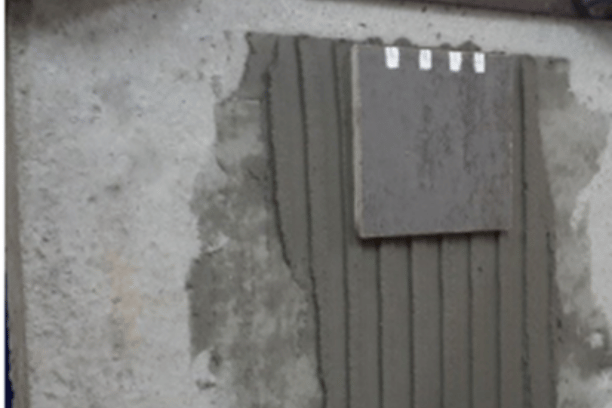
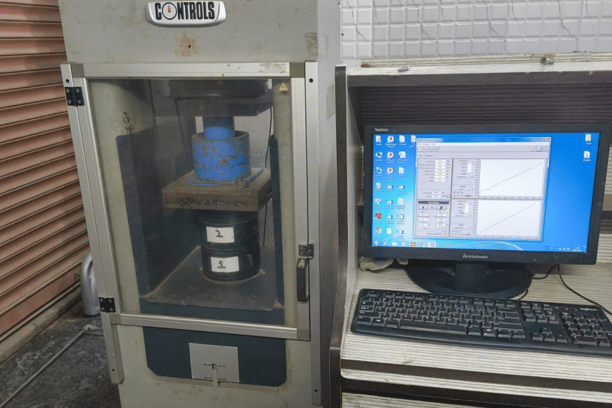
Aggregates Testing
A sieve analysis (or gradation test) is a practice or procedure used (commonly used in civil engineering) to assess the particle size distribution (also called gradation) of a granular material.
The size distribution is often of critical importance to the way the material performs in use.
Steel Testing
This test helps in determining the ductility, but it cannot be considered as a quantitative means of predicting service performance in bending operations. The severity of the bend test is primarily a function of the angle of bend and inside diameter to which the specimen is bent, and of the cross-section of the specimen.

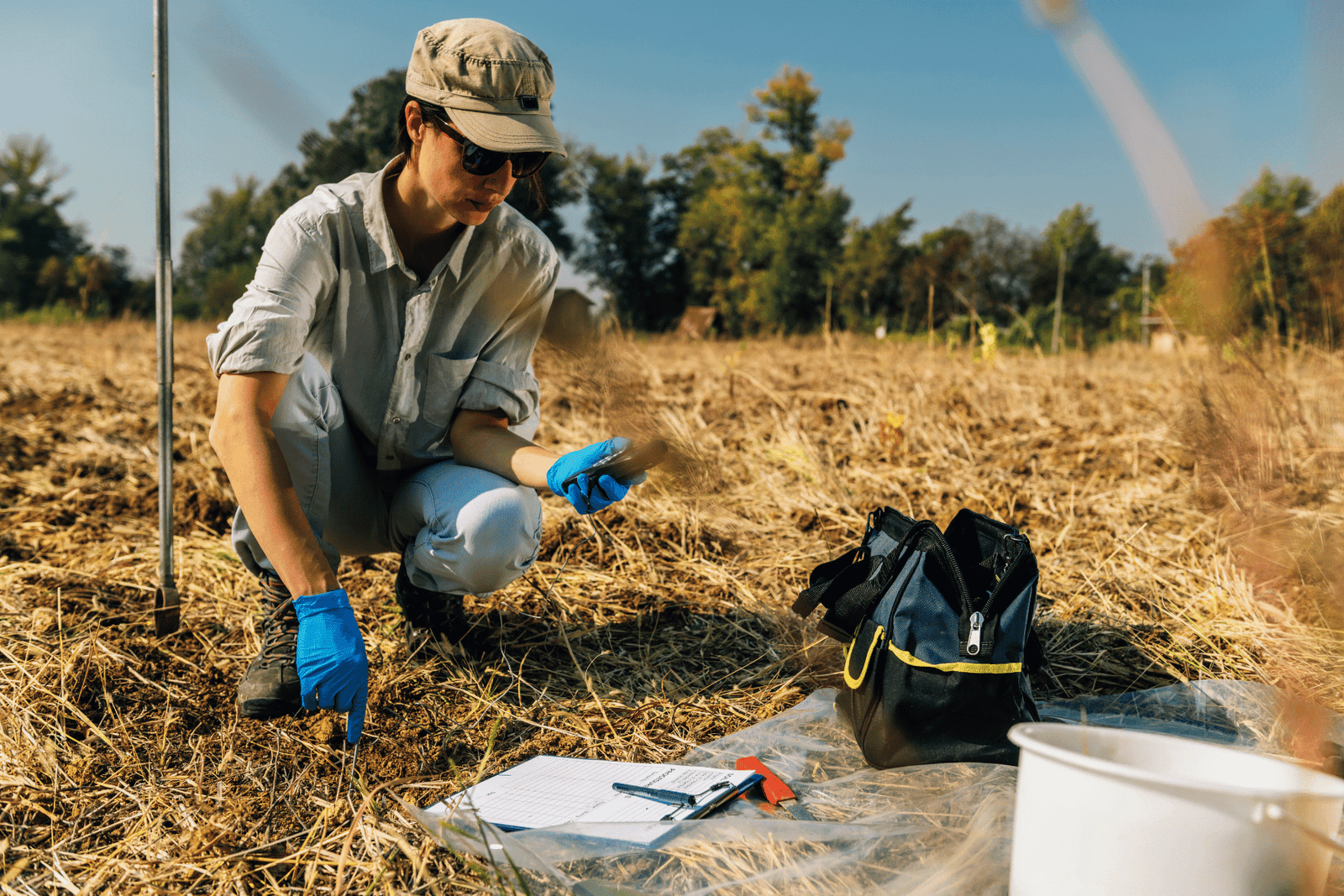
Soil Testing
A mechanically cum electrically operated device is useful to eliminate the hand compaction procedure, which also considerably saves time with the rammers provided Soil Testing Instruments for both of the standard and heavy compaction of the soil. Useful for soil compaction into 100 mm or 150 mm Dia moulds.
Water Testing
The determination shall be carried out either by theelectrometric method or the indicator method. In case of dispute, theelectrometric method shall be considered as the referee method.
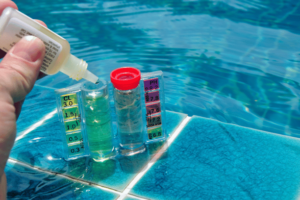
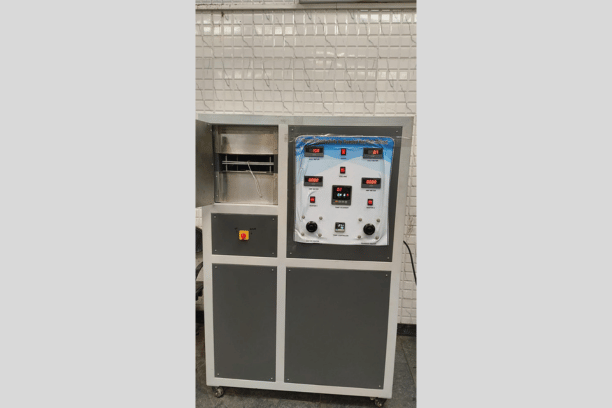
Cement Testing
Various tests to which cements must conform are laid down in national cement specifications to control the fineness, soundness, setting time, and strength of the cement. These tests are described in turn below.
Bitumen Testing
A non-crystalline solid or viscous material having adhesive properties derived from petroleum either by natural or refinery processes, and substantially soluble in carbon disulphide. Bitumen are black or brown in colour.
General Lab Equipments This may occur naturally but are usually made as end products from distillation of or extracts from, selected petroleum oils.
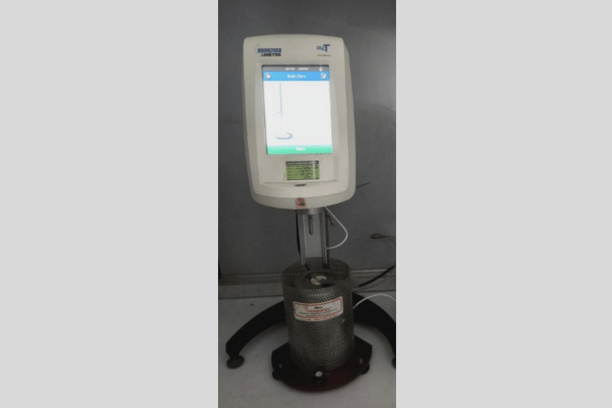
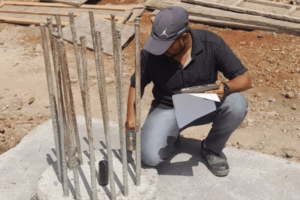
Non Destructive Testing
The difficulties of core cutting, making, curing and testing of standard test specimens can be avoided if concrete strength can be tested at the site in a manner harmless to the part of the concrete under test. One such method that has found practical application with a limited scope is known as the Rebound Hammer Test devised by Ernst Schmidt.

Aggregates Testing
A sieve analysis (or gradation test) is a practice or procedure used (commonly used in civil engineering) to assess the particle size distribution (also called gradation) of a granular material. The size distribution is often of critical importance to the way the material performs in use.
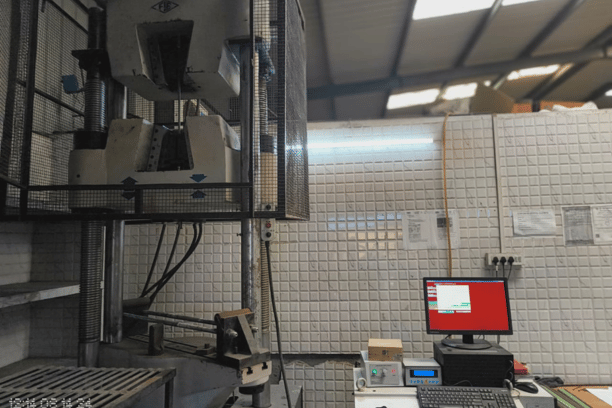
Steel Testing
This test helps in determining the ductility, but it cannot be considered as a quantitative means of predicting service performance in bending operations. The severity of the bend test is primarily a function of the angle of bend and inside diameter to which the specimen is bent, and of the cross-section of the specimen.

Soil Testing
A mechanically cum electrically operated device is useful to eliminate the hand compaction procedure, which also considerably saves time with the rammers provided Soil Testing Instruments for both of the standard and heavy compaction of the soil. Useful for soil compaction into 100 mm or 150 mm Dia moulds.
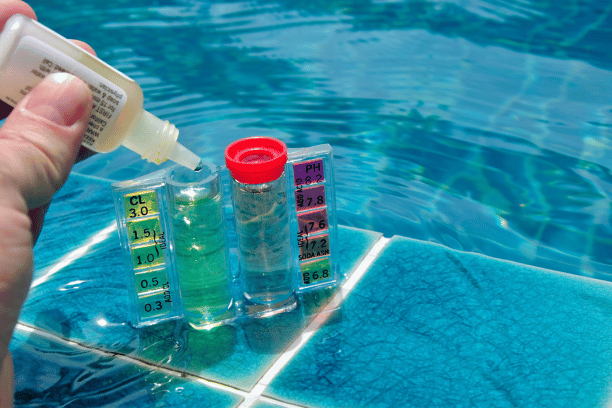
Water Testing
The determination shall be carried out either by theelectrometric method or the indicator method. In case of dispute, theelectrometric method shall be considered as the referee method.

Cement Testing
Various tests to which cements must conform are laid down in national cement specifications to control the fineness, soundness, setting time, and strength of the cement. These tests are described in turn below.

Bitumen Testing
A non-crystalline solid or viscous material having adhesive properties derived from petroleum either by natural or refinery processes, and substantially soluble in carbon disulphide. Bitumen are black or brown in colour. General Lab Equipments This may occur naturally but are usually made as end products from distillation of or extracts from, selected petroleum oils.
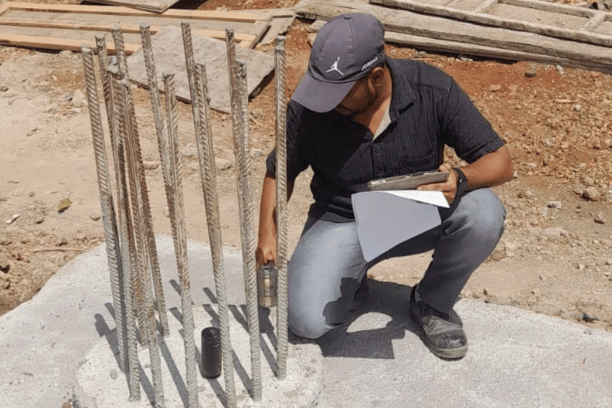
Non Destructive Testing
The difficulties of core cutting, making, curing and testing of standard test specimens can be avoided if concrete strength can be tested at the site in a manner harmless to the part of the concrete under test. One such method that has found practical application with a limited scope is known as the Rebound Hammer Test devised by Ernst Schmidt.

Tile Adhesive Testing
The use of tile adhesives to fix tiles on floors and walls is becoming increasingly popular in all parts of the country. The quality of a tile adhesive mainly depends on the adhesion strength and maximum open time before laying the tile on the surface.

Bitumen Testing
A non-crystalline solid or viscous material having adhesive properties derived from petroleum either by natural or refinery processes, and substantially soluble in carbon disulphide. Bitumen are black or brown in colour. General Lab Equipments This may occur naturally but are usually made as end products from distillation of or extracts from, selected petroleum oils.
Our Products
Aggregate Testing Instruments
General Lab Equipments
Moisture Mete
Soil Testing Instruments
Bitumen Testing Instruments
Measuring Instruments
Road Pavement Testing Instruments
Tile Testing Instruments
Concrete Testing Instruments
Non Destructive Testing Instruments
Rock-Testing-Instruments
Cement Testing Instruments
Our Clients






Gallery
Customer Reviews
This laboratory is best of concrete testing this is nabl good service and good behavior every staff and senior person
Anand Kumar
Best Material Testing Laboratory!
SKG Project & Engg. Pvt. Ltd., have a state of art Material Testing Laboratory.



